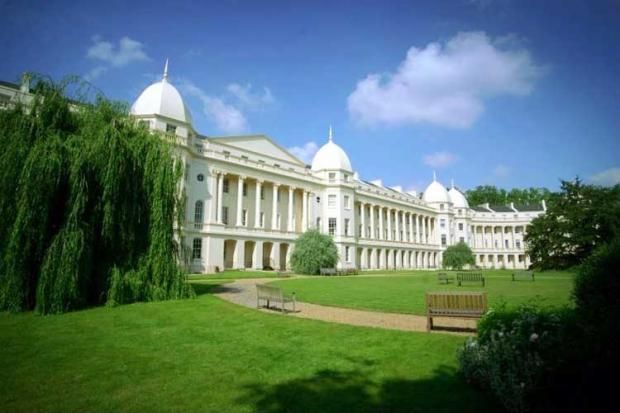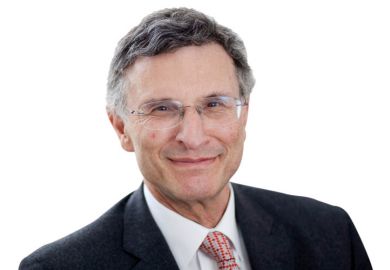The figures are impressive and well known: last year, 93 per cent of London Business School’s MBA students accepted offers of employment within three months of graduating, on an average salary of £79,866.
But according to François Ortalo-Magné, who joined the institution as dean last August, employment data tell only part of the story.
“People definitely come here to get a boost in their career – and you measure that by the salary for the first employment and the slope afterwards,” the Frenchman, who was previously Albert O. Nicholas dean at Wisconsin School of Business for six years, told Times Higher Education.
“But when I talk to our students about why they chose LBS versus some of our competition, what I find particularly telling is the tremendous value [they place] on the fact that we help them to find their voice.”
Typically, Professor Ortalo-Magné said, graduates “will talk about the first year as when they really pushed themselves. And then, towards the end of the first year and second year, [they talk about] being able to breathe and look at the world differently – because of the people they encounter, the experiences, the trips we organise and meeting other alumni. I don’t know how you quantify that, [but] that’s a lot more than salary.”
This chimes with what employers who recruit from LBS are telling the institution, Professor Ortalo-Magné explained: a desire for students to have “curiosity and [the] ability to adapt and learn”.
This is one of the reasons why there are many ways in which the humanities can contribute to the business education experience, according to Professor Ortalo-Magné. “We have programmes here where we take students to the zoo with an anthropologist or take them to the Design Museum,” he said, adding that the institution is also in talks with the Royal College of Art. “Part of it is helping us to appreciate our shared humanity.”
Compared with his previous institution, which was part of a university, LBS also has more freedom to partner with other institutions thanks to its independent status.
“One thing that I really like in London is that we are part of a great higher education ecosystem,” he said. “So the way I think of it, I am free to partner with whoever I want.”
Reflecting on his experience of working on both sides of the Atlantic – his first academic appointment was at the London School of Economics – Professor Ortalo-Magné acknowledged that the different philanthropic culture was a key influence on business school leadership.
While US deans have concentrated their efforts on attracting philanthropic donors, LBS has focused its attention on executive education, which forms a significant proportion of the school’s revenue; although Professor Ortalo-Magné jokes that, if someone were to offer him a “£4 billion endowment”, he would accept it “by all means”.
“It’s not as easy to manage as philanthropy, because you have to win the customer again and again,” Professor Ortalo-Magné said. “But what it does to the culture of a school is that it makes you more outcome- and user-focused.”
POSTSCRIPT:
Print headline: MBAs are about so much more than earning power, argues dean
Register to continue
Why register?
- Registration is free and only takes a moment
- Once registered, you can read 3 articles a month
- Sign up for our newsletter
Subscribe
Or subscribe for unlimited access to:
- Unlimited access to news, views, insights & reviews
- Digital editions
- Digital access to THE’s university and college rankings analysis
Already registered or a current subscriber?








